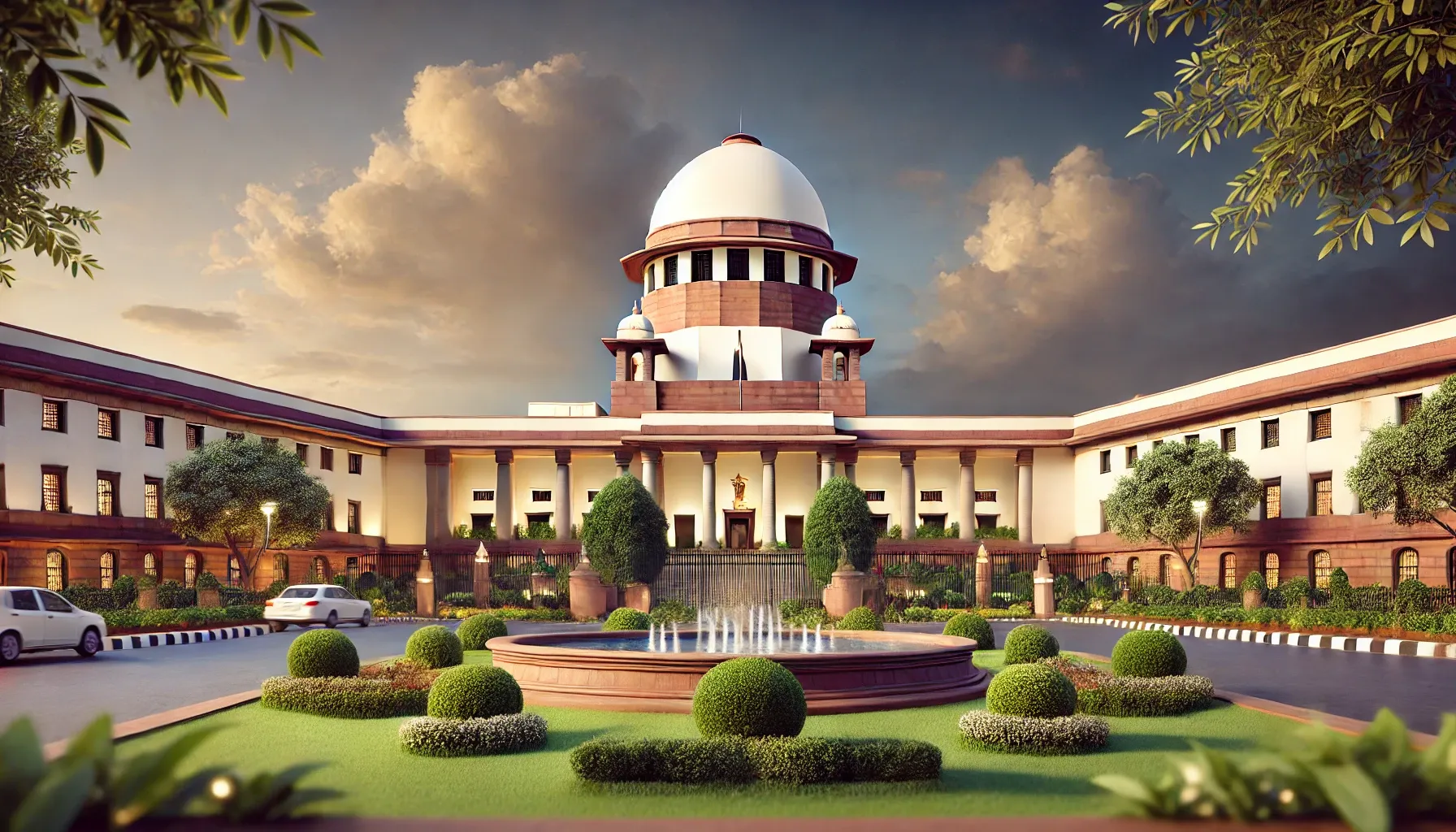The Allahabad High Court has emphasized that a Hindu marriage cannot be dissolved or treated as a contract. While overturning a family court ruling, the High Court noted that a sacrament-based Hindu marriage may only be dissolved in limited circumstances, based on strong evidence. The case involved

In a recent legal development, the Allahabad High Court underscored that a Hindu marriage, being a sacrament, cannot be dissolved or terminated like a contract. This significant observation was made by a bench of Justices Saumitra Dayal Singh and Donadi Ramesh while setting aside a family court’s decision to dissolve a marriage based on the husband’s plea. The ruling emphasized that while there are limited legal grounds for dissolving a Hindu marriage, such dissolution requires substantial evidence.
Bench’s Observation on Hindu Marriage
- The High Court stressed that Hindu marriages cannot be treated like contracts that can be dissolved casually.
- The Court noted: “A Hindu marriage is not to be dissolved or terminated as a contract. The sacrament-based Hindu marriage may be dissolved in law, in limited circumstances, only on the strength of evidence led.”
Case Background
- The couple got married in 2006. The husband, who worked in the Indian Army, claimed that his wife had deserted him in 2007 and filed for divorce in 2008.
- He also alleged that the wife was infertile. The wife initially agreed to the divorce in a 2008 written statement, but later contested the divorce and challenged the infertility allegation by submitting documents proving the birth of two children, one in 2008 and another in 2010.
Family Court’s Decision
- In March 2011, the family court allowed the husband’s divorce plea and rejected the wife’s second written statement from 2010.
- The family court solely relied on the wife’s initial consent for divorce, expressed in her 2008 written statement, and did not consider the changed circumstances.
High Court’s Ruling
- The Allahabad High Court set aside the family court’s ruling, emphasizing that the lower court failed to evaluate the case holistically.
- The High Court acknowledged that there may be restrictions on filing a second written statement but noted that the family court should have considered the wife’s evidence and the changed circumstances.
- The Court observed: “The divorce suit having been instituted in 2008 and it having remained pending for three years, an over simplistic approach has been adopted, relying only on the bald (first) Written Statement filed by the appellant (wife) while ignoring subsequent developments.”
Consent Issue in the Divorce
- The High Court also noted that by the time the family court ruled in favor of the husband’s divorce plea, the mutual consent required for divorce no longer existed.
- While the wife initially agreed to the divorce in 2008, she later withdrew her consent, which was clear from her 2010 written statement and oral testimony in 2011.
- The Court remarked: “Once the appellant claimed to have withdrawn her consent and that fact was on the record, it never became open to the learned court below to act on that (withdrawn) consent, belatedly.”
Court’s Effort to Mediate
- The High Court expressed a willingness to help the couple reconcile their differences but was unable to facilitate the process since the husband was not present during the hearing.
- The Court ruled in favor of the wife, set aside the family court’s divorce decree, and instructed the trial court to reconsider the matter in accordance with the law.
- The Court further noted: “If no mediation may arise or be successful, necessarily the appellant (wife) may be allowed to rely on the second Written Statement … with corresponding right to the respondent (husband) to file Replication Statement.”
Click to read: FIRST APPEAL NO: 155 of 2011, Neutral Citation No. – 2024:AHC:145278-DB



